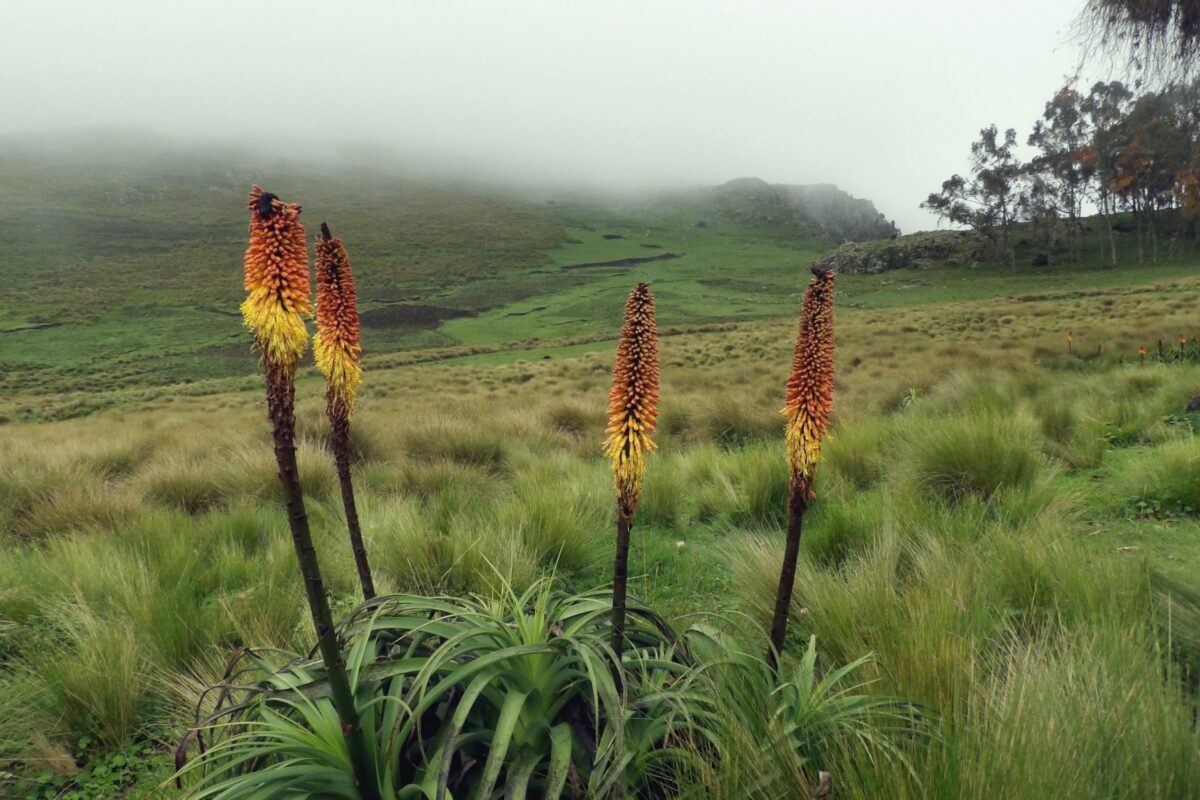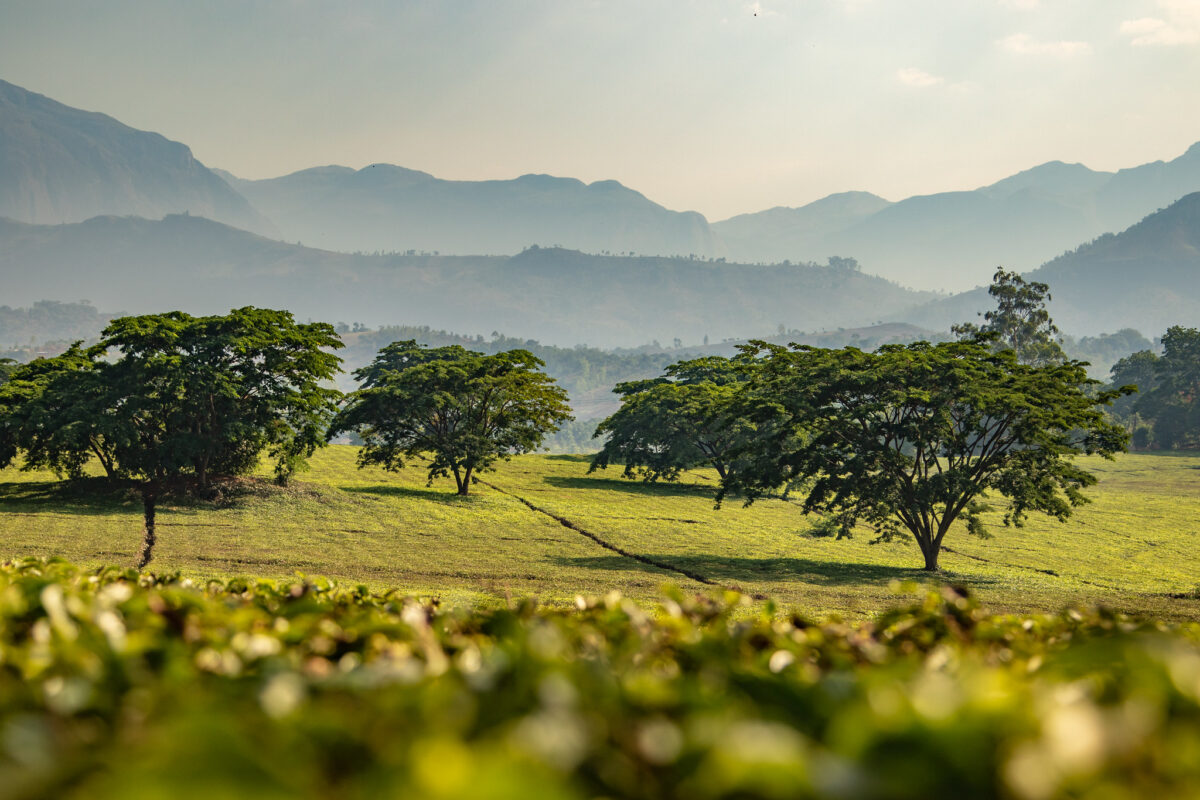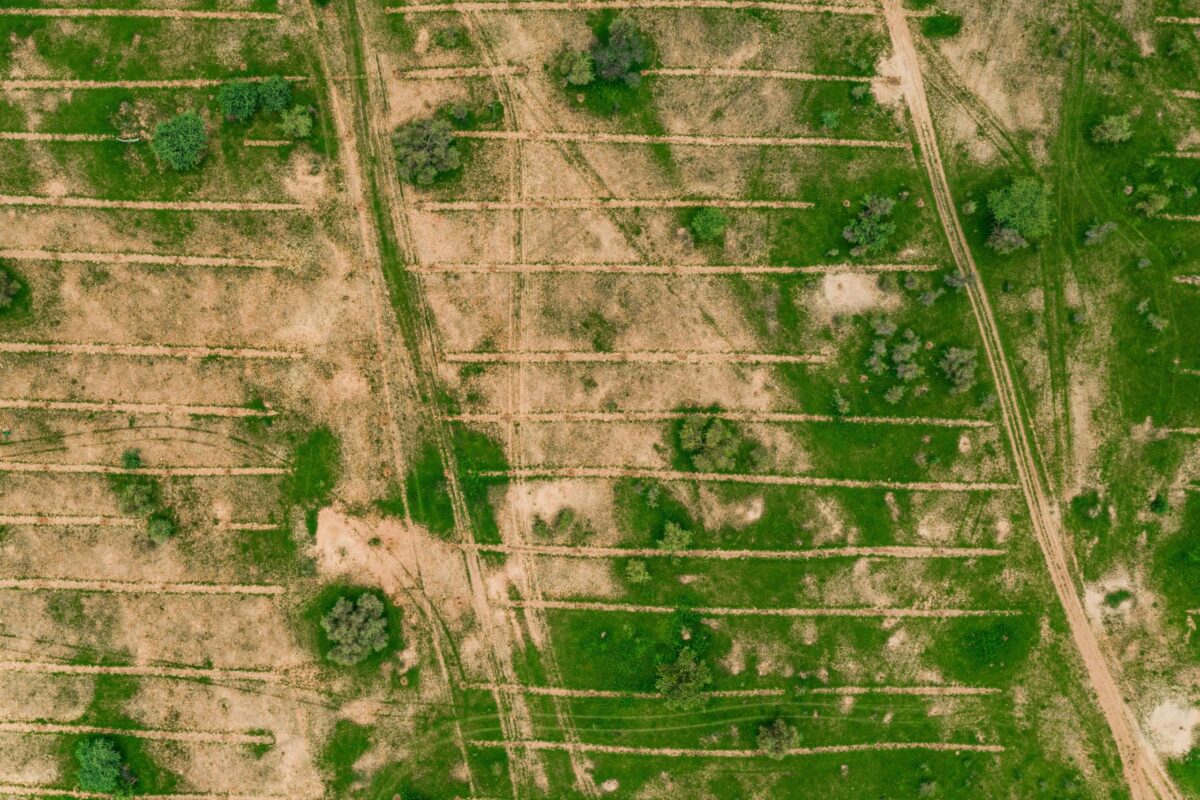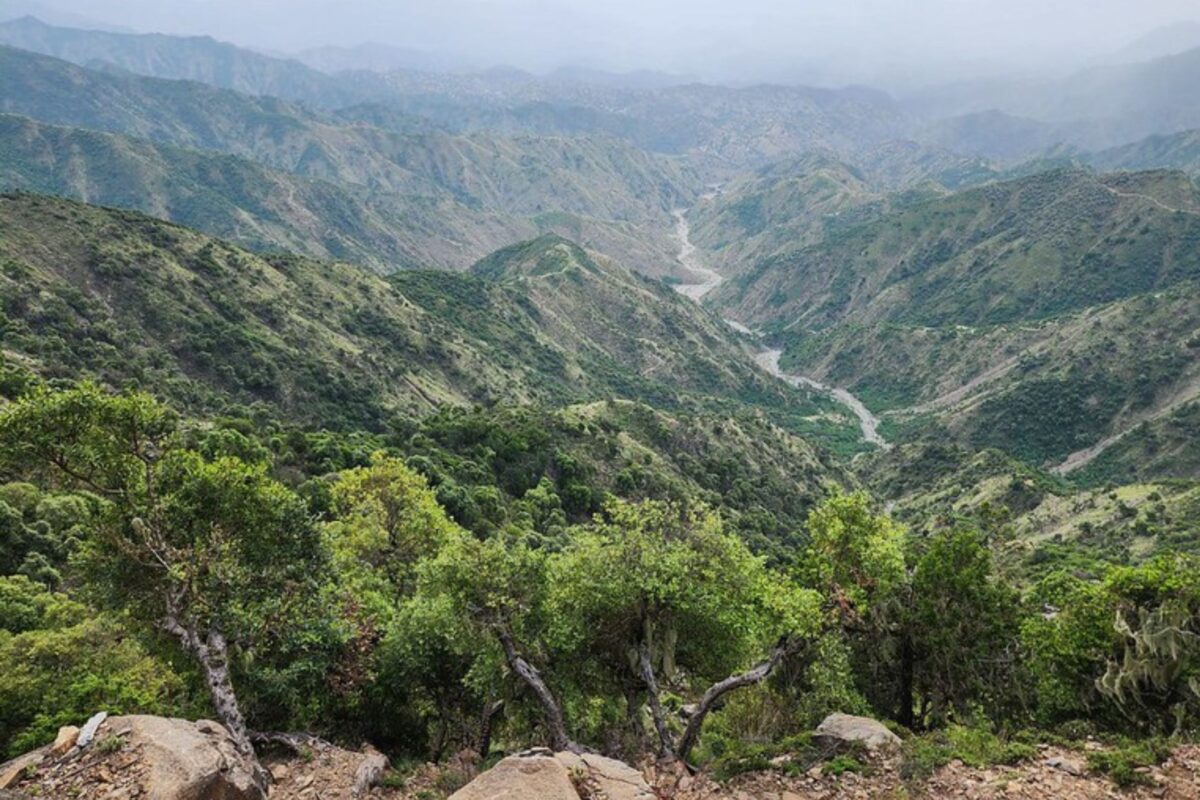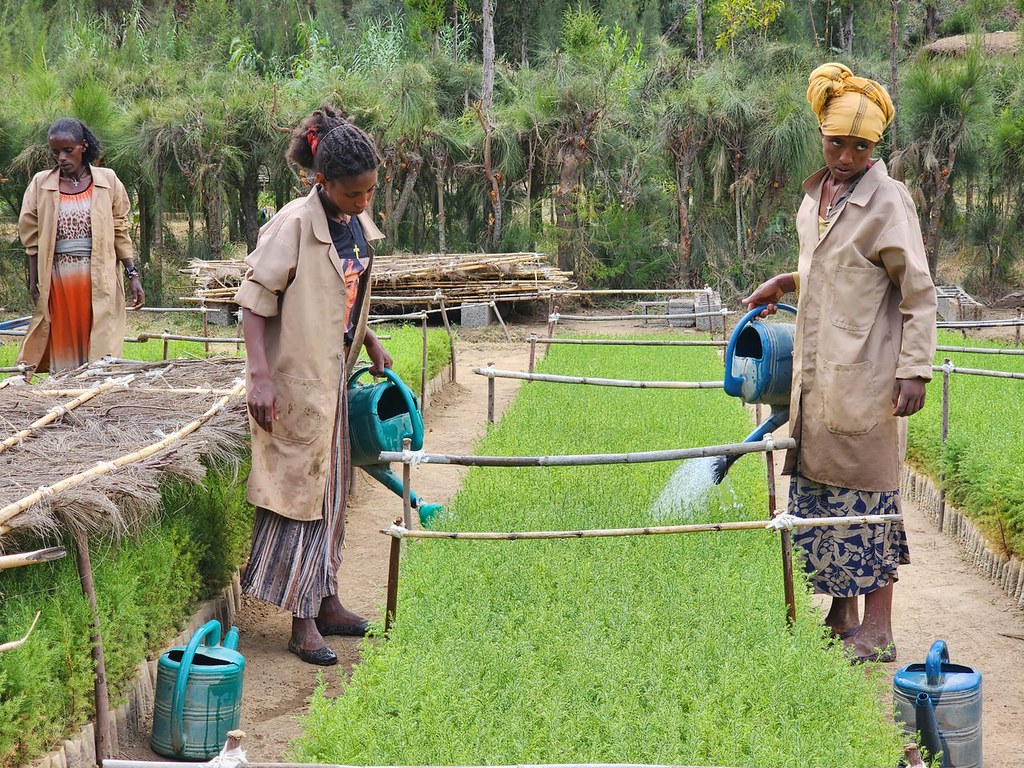WeForest, together with the community and its main local partner BoARD, is trying to solve the root cause of these problems by planting trees and installing stone based physical structures. For example, the upper slopes of the landscape are treated with stone terraces and trench bunds, in order to reduce runoff and contain the water. Stone check dams are build on the highly degraded lower slope.
Gebremedihin Gebremariam (60 years old) from the village of Kalamin explains: “During my childhood this area was our heaven, with good crop production, plenty of honey, good rain, and a dense forest. Now you see just a few trees on the mountains. Because of the poor soil conditions, most of us here in this village cannot feed our family anymore. Me, myself, I am the head of my family with six children. Our 0.25 ha land is not enough to feed my family and I often have to search for off-farm jobs in nearby towns. 15 years ago, I even illegally migrated to Saudi Arabia to try and find a better job, but I ended up getting arrested in Saudi Arabia for two months and had to return home empty-handed. And I am not the only example of this in my town.
However, I feel positive now that we have soil and water conservation work happening, especially when paired with reforesting the mountain areas, positive that we can return the things to how they were. The Tigray region has already made some significant process in restoring the degraded lands, with the help of WeForest and of course our own input as participating local communities. The big check dams we are building together with WeForest stops runoff and hopefully will also help to have more productive water in the lower slope for drinking and irrigation in the future.”


